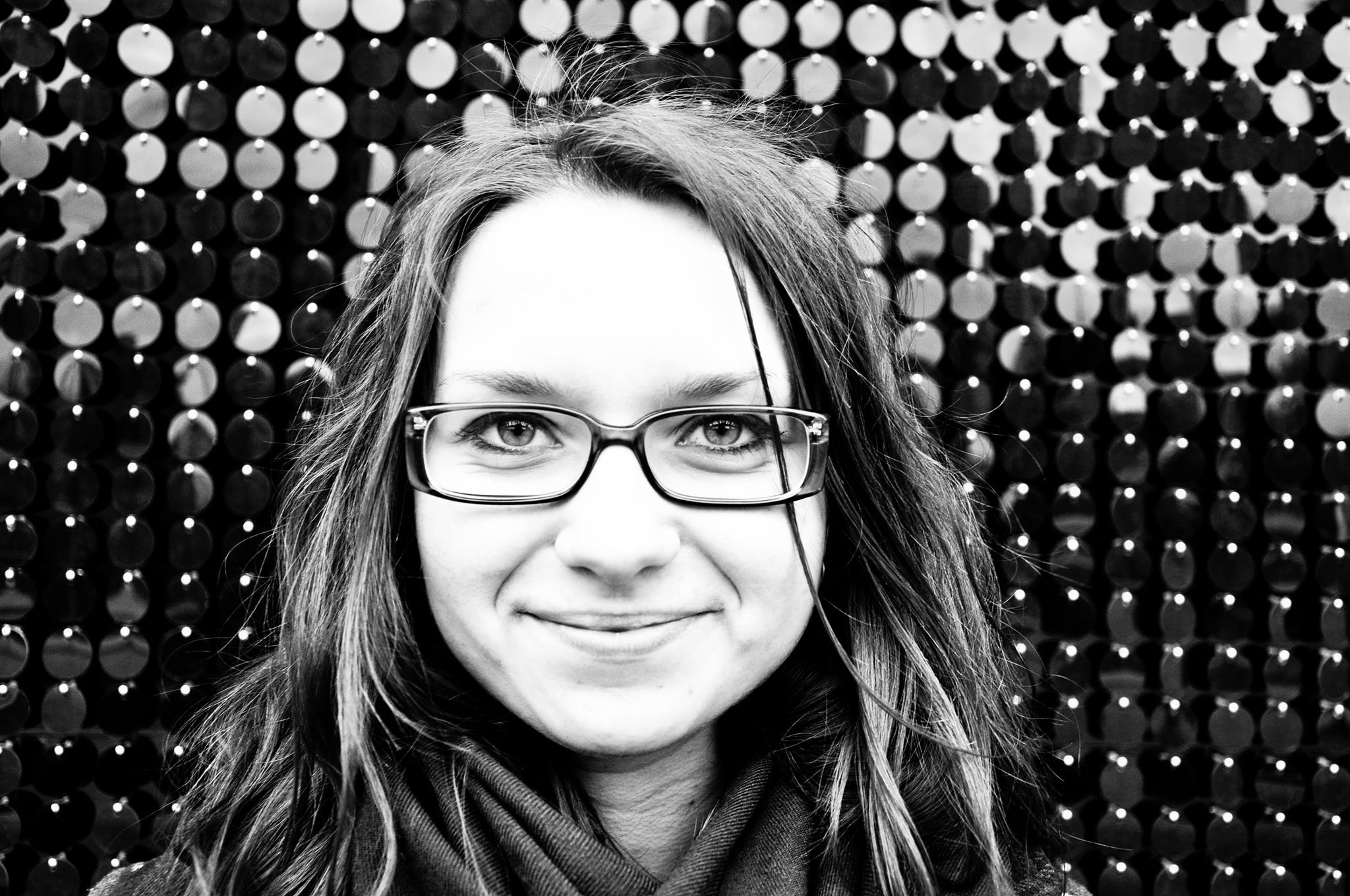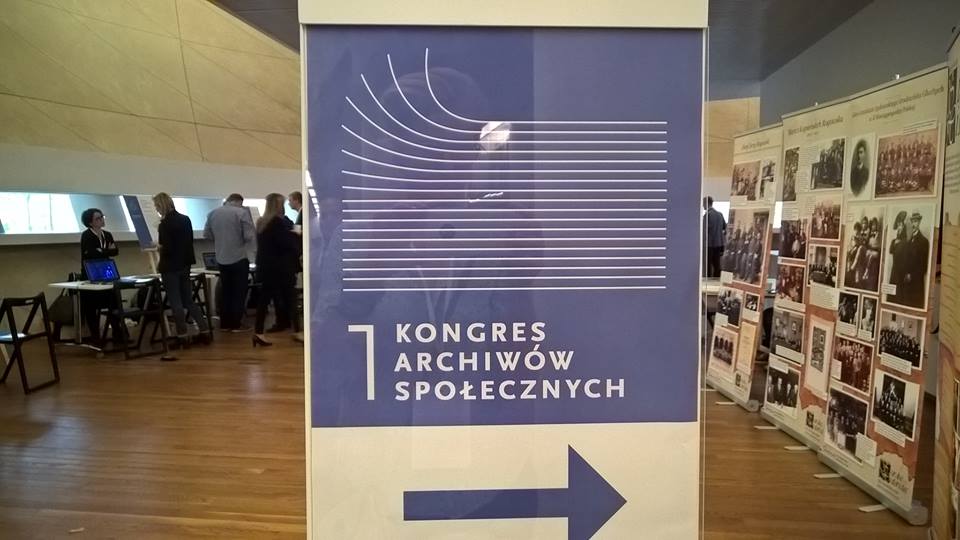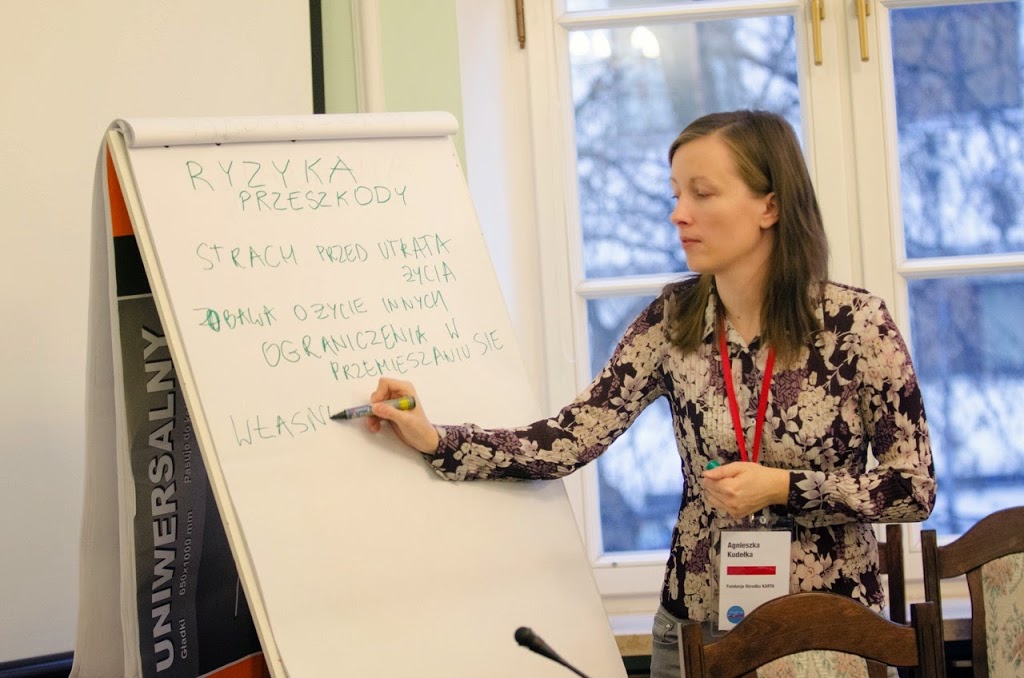In June we finally went out with our 4-month-old son to the cinema. We were lucky because we could watch at a special section film about a Romanian family after Revolution 89′ with the title Sieranevada. This time we had some expectations towards the film after watching the trailer. We still haven’t wasted time but the film could be better. We thought the political context would be stronger than it was and the relations between family members wouldn’t be so central and so complex. Continue reading „Film about a family after Revolution 89′ „Sieranevada” – review from Polish perspective”
A diary from the 13th MitOst Festival [Olga Konovalova]
Since 2003 activists in fields of cultural, language and civic exchange in East Central Europe, which are members of an association MitOst, meet annualy – each time in a different city – and develop themselves in different topics. Get to know MitOst here: www.mitost.org.
And read here a diary from the 13th International MitOst Festival written by Olga Konovalova:
„An old green train #115O that passes daily through Lviv and goes to Ivano-Frankivsk, or Stanislau (an old name of the city which I like more). It goes slowly without stops through the villages, endless picturesque fields and dense forests as it gives time specially for enjoying the landscape. The train has its typical knock sound which I missed in European trains. I ask the train conductor to bring me glass of tea in metal glass-holder, which is possible to find only in trains of post-soviet countries. I was drinking sourse by source the tea, enjoying the landscape and thinking what is waiting on me at MitOst festival. I was going without any expectations or knowledge what is going to happen and looking forward to discover the city, the festival and organization itself. Continue reading „A diary from the 13th MitOst Festival [Olga Konovalova]”
New historical sources – a meeting
Community archives are archival initiatives, which are independent from the state activities. They are a new place, where you can look for unknown historical sources. You can find there e.g. family photos, private documents and diaries. Polish scientists consider sources of community archives to be very important for researches with new approaches, e.g. every day life, cultural life and social life.
On October, 24 they met in Warsaw (Museum of History of Polish Jews – Polin) at the 1st Meeting of Community Archives (www.archiwa.org). Continue reading „New historical sources – a meeting”
Journey to former Polish East South borderland
East Central Europe – what is it?
It is not easy to distinguish between East Europe and Central Europe. At the same time the local roots are very important. Despite people are changing, roots of changes and of the mentality can be seen in the past. So what is East-Central Europe? Oskar Halecki distinguished four regions in Europe (Western, West Central, East Central and Eastern Europe). Continue reading „East Central Europe – what is it?”
Poles and Hungarians and their place in Europe
Poles and Hungarians shared rulers and faith. Common was also the Revolution of 1956, which was of course more tragic on the Hungarian side. Continue reading „Poles and Hungarians and their place in Europe”
Story that moves…
Media, archives, storytelling
Do media need archives? What has storytelling to do with archive materials? Stories holded on archive sources. Archive sources could be included into media narratives on a attractive way, e.g. using storytelling. There are at least two reasons for it. The stories become „second life” and media don’t have to construct content which can be useful and interesting for its audience. They can use ready sources. Continue reading „Media, archives, storytelling”
Jan Karski. Human beings and H/history
Looking for examples of brave but not out of reach people? Jan Karski was one of them. His life was an inspiration for the conference „Jan Karski. Human beings and H/history. Aims of education for antidiscrimination”. Continue reading „Jan Karski. Human beings and H/history”
Teaching human rights and history
Combining human rights and history education can be very useful. One of the common values for both fields is the change. If you analyse history you look mostly for the change and dealing with human rights aimes mostly at bringing change into life.
Change is also a title of a book wich is being prepared by an international team of scientists in collaboration with practitioners of history education and human rights education. I will upload it here, when it will be finished in 2016. Continue reading „Teaching human rights and history”









